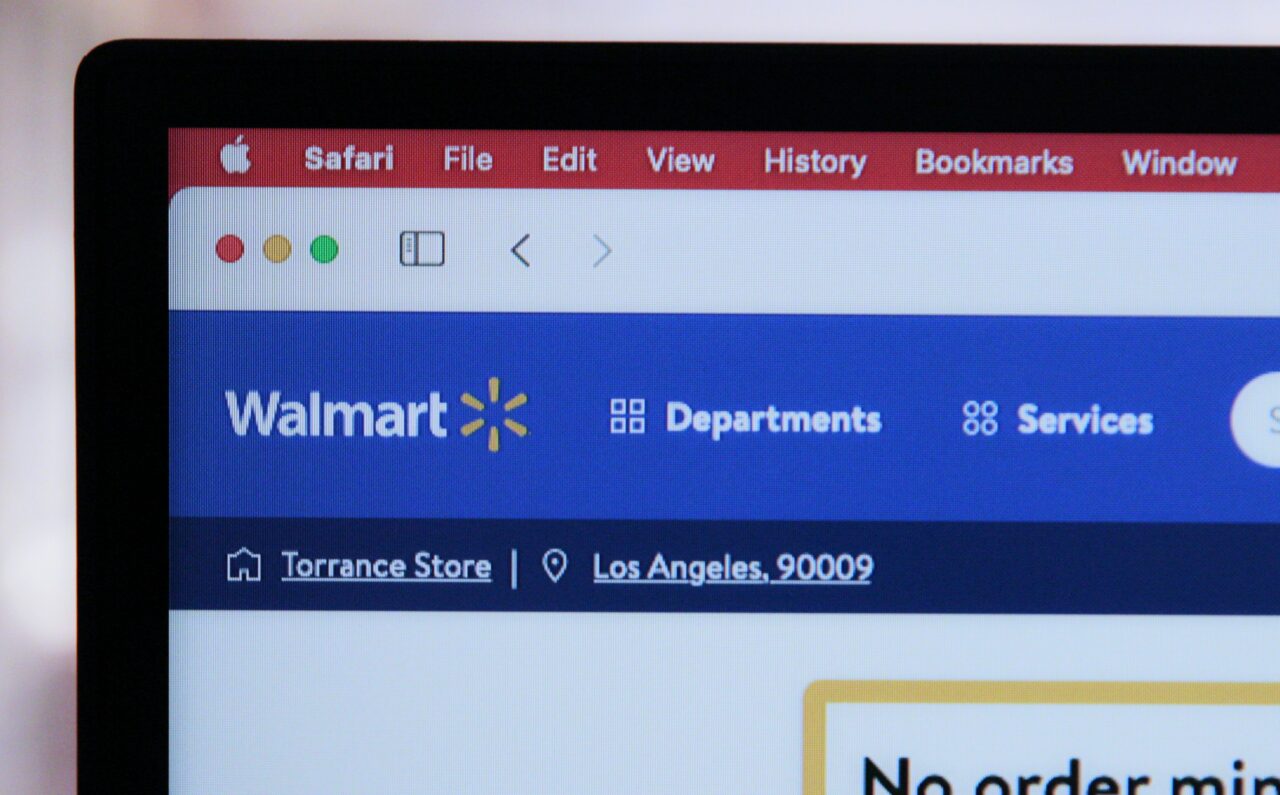
- Revolut is spinning out its wealth management offering into a standalone app called Revolut Invest.
- The move will allow Revolut to attract users outside of its existing bank client base.
- Revolut counts 45 million users, has 3 million active traders, and 20,000 subscribers to its premium investment account.
U.K.-based fintech Revolut unveiled today that it plans to spin out its wealth management offering into a standalone app.
The new app, Revolut Invest, will feature capabilities from Revolut’s $9.5 billion (€8.5 billion) wealth management business, as well as additional functionality. At present, Revolut offers its users stock trading as well as a roboadvisor tool. The new app will offer much of the same features: access to 5,000 assets, including U.S. and European stocks, ETFs, commodities, and bonds. The app will also come with new products, such as contracts for difference (CFDs). Revolut Invest will offer the option to upgrade to Revolut’s premium subscription tier called Trading Pro that offers reduced commission fees, increased limits, and analytics.
One of the key advantages for Revolut in making its investing services a standalone tool is the ability to attract customers beyond its current user base. New investors using Revolut Invest won’t need to be existing Revolut banking clients, allowing the company to more easily expand its 3 million active traders and its 20,000 Trading Pro subscribers.
New Revolut Invest users will also be given the option to add Revolut’s banking services during the onboarding process. Conversely, Revolut’s banking clients will not need to download the new trading app, as they will still be able to conduct their investing activities within Revolut’s banking app.
Revolut is currently piloting Revolut Invest in Greece, Denmark, and the Czech Republic. The company is aiming to double the number of investments available in the app in the next three months. To fuel this growth, Revolut is scheduled to launch the investment app in other European Economic Area countries by the end of the year and also revealed plans to launch it in the U.K., U.S., Singapore, and Australia, as it already has the licensing in place in these regions.
With more than 45 million retail customers and 500,000 business customers, Revolut supports more than 25 currencies for users in more than 140 regions. The company offers current accounts, savings accounts, and debit cards that feature the ability to pay in multiple currencies. Revolut also has a credit card product in the U.S., Ireland, Lithuania, and Poland.
Last month, Revolut’s valuation was billed at $45 billion, cementing its reputation as Europe’s most valuable fintech. Earlier this summer, the company earned its banking license from the U.K. Prudential Regulation Authority (PRA), adding deposit insurance for its users in the region. These two factors place Revolut in a good position to go public; and it is likely the company will favor a NASDAQ listing over listing on the London Stock Exchange.
Photo by Mariia Shalabaieva on Unsplash










